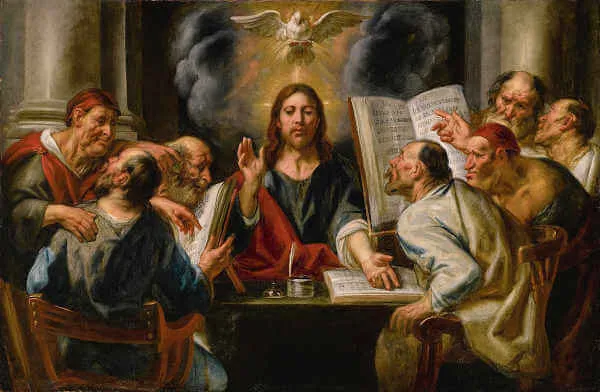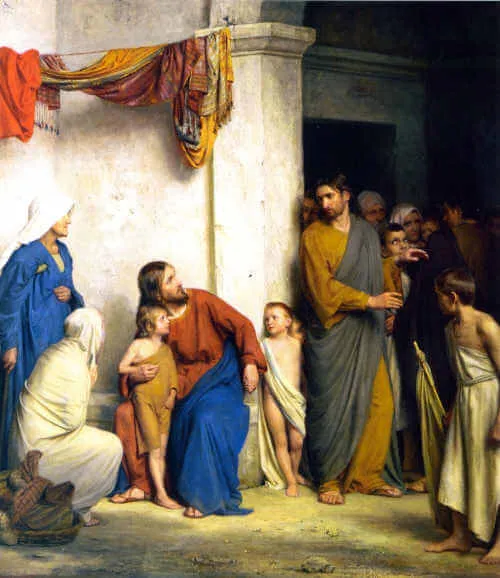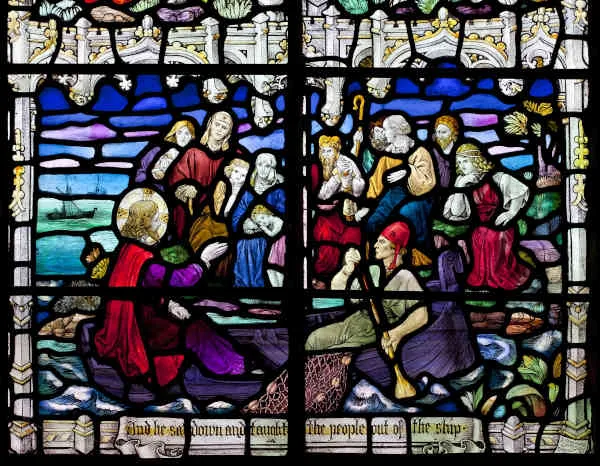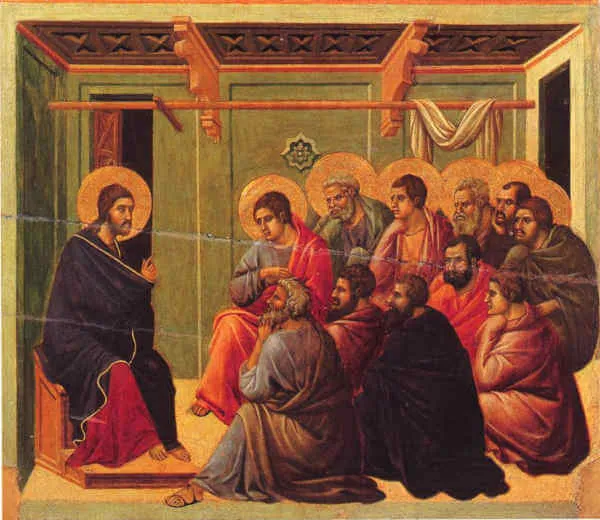Luke 10:25
Openness to the Gospel
There was a scholar of the law who stood up to test Jesus and said, “Teacher, what must I do to inherit eternal life?”
Reflection:
The question is very good. We should all seek to understand, with all our hearts, what we must do to inherit eternal life. Of course the problem is that this scholar of the law did not ask this question with sincerity and openness. Rather, he asked Jesus this question to test our Lord. This scholar, as well as other scribes, Pharisees, Sadducees and elders, was envious of Jesus and sought to find fault with Him. This scholar appeared to be concerned that Jesus was teaching contrary to the Law of Moses. But what does our Lord do? He says nothing more than to put the question back to the scholar, asking him, “What is written in the law? How do you read it?” The scholar answers correctly, according to the Law of Moses, and Jesus responds to him, “You have answered correctly; do this and you will live.” Thus, the test was passed.
What’s interesting and helpful to ponder in this exchange is the way Jesus responds to this scholar. Because Jesus knew the scholar’s heart, and because He knew that this scholar was not asking with humility and openness, Jesus responded with great prudence, inviting the scholar of the law himself to answer his own question. Though we are not able to read another’s heart in the way our Lord did, we should learn a lesson from Him on how to respond to others who have as their goal to trick, trap, test, and twist our words if they disagree with us. This is especially important in matters of faith and morality. If you are striving to live the Gospel with all your heart and you encounter the “testing” of others as a result of the holy life you are striving for, ponder Jesus’ actions here. Too often, when another challenges us or tests us, we become defensive and even offended. As a result, we can enter into arguments back and forth that bear little or no fruit. Jesus did not argue. He did not allow this test to trip Him up. Rather, He only offered responses that could not be doubted. Jesus knew that this scholar was not interested in the deepest spiritual truths. He was only interested in finding fault. Therefore, the deeper and fuller Gospel message could not be offered.
We should also learn from this passage the importance of coming to Jesus with an open heart, sincerely seeking the deepest spiritual answers to life. We ought never test Jesus. Instead, in humility, we must believe that He is the source of all truth and that He has every answer in life that we seek.
Reflect, today, upon two things. First, reflect upon how completely open you are to all that Jesus has to say. If you were to ask our Lord this question, “What must I do to inherit eternal life?,” what would Jesus say to you? Would He only be able to offer you general answers in the form of questions? Or would Jesus see the open and sincere nature of your heart and be able to speak in great depth and detail to you? Second, reflect upon anyone with whom you constantly have to defend yourself for the practice of your faith. If this is your experience, perhaps reexamine your approach, realizing that the deepest pearls of your faith should only be shared with those who are sincerely open and are seeking to embrace them with all their heart.
Source: https://catholic-daily-reflections.com/2024/10/06/openness-to-the-gospel-3/













